
Youth Lead The Way In Preventing COVID-19 Spread in Kenya’s Informal Settlements
Nairobi, 12 May 2020 – Young people in Kenya’s informal settlements, cities and towns are the driving force behind preventative
Youth in Informal Settlements
Many of the youth who in live in cities in the developing world live in slums or otherwise marginalized urban areas. Children and youth who grow up in slums are less likely to attend school than non-slum youth, as they face a range of factors hindering their attendance. youth are “working poor”— they are unskilled and have insecure jobs that they do in unsatisfactory conditions. Employment in the informal economy does not necessarily bring about a higher standard of living.
Visit Mathare Environmental Conservation Youth Group website to find out more.
Build capacity among youth in the community
Support active youth participation in decisions affecting governmance
Strengthen climate action and improved slum environment
Effective urban crises prevention and response
The Group’s coordinator, Isaac Muasa, a winner of UN-Habitat’s Scroll of Honour award, describes the main challenges facing the community during the pandemic such as unemployment but also outlines the progress being made including providing facilities for over 2 million handwashes. “Young people have been taking the initiative of trying to look at challenges and turn them into opportunities,” he says.

Nairobi, 12 May 2020 – Young people in Kenya’s informal settlements, cities and towns are the driving force behind preventative
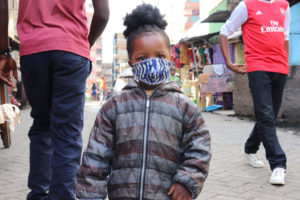
By Maimunah Mohd Sharif The spread of COVID-19 has transformed many of the world’s great cities into tragic household names as their reported
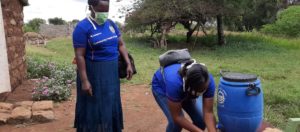
Written by Raphael Obonyo As COVID-19 (coronavirus) continues to wreak havoc around the world experts predict that African countries could
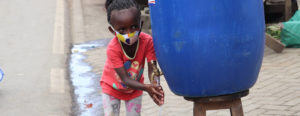
Story by Isaac Muasa Nairobi, 28 April 2020 – UN-Habitat and its partners have engaged community members from the informal
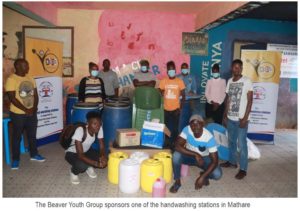
The COVID-19 pandemic is significantly affecting the world’s most vulnerable groups, including the one billion people living in informal settlements
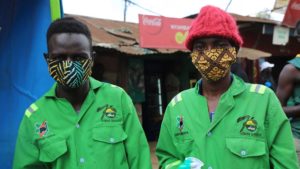
“I want to make a special appeal to the youth of our nation. The youth are the biggest component of
We publish research on the latest findings addressing youth issues.
Eligibility Criteria
All ages up to 24;
If you are less than 18 years old, please provide the contact details of a guardian.
Submission Process
Please use this link to sign-up for the challenge;
Familiarize yourself with the health benefits of public space and Minecraft;
The challenge starts from April 1st;
Submissions will be accepted from May 15th until May 31st.
Submission Requirement
Your submission must include:
A compressed Minecraft world file (max 500mb);
A short description of how your idea is making public spaces healthier and more enjoyable for you(th) (max 400 words/all languages).
Project Criteria
Our judges are seeking for ideas that are: innovative, transformative, inclusive;
The submission that excels in all criteria will win the grand prize.
Judging Process
First round: 10-15 submissions will be selected;
Second round: The selected submissions will pitch their projects to the judges.
Prizes
The main prize is $5,000 towards implementation of the winning solution.
Terms and Conditions
By participating in the challenge you grant UN-Habitat that the images and/or filmed footage can be used on UN-Habitats & UN-Habitats Youth social media accounts, brand merchandise, website, and can be shared with press media outlets. From time to time, materials may also be used by its partners.
Still have questions left? Contact us via unhabitat-urbanhealth@un.org.